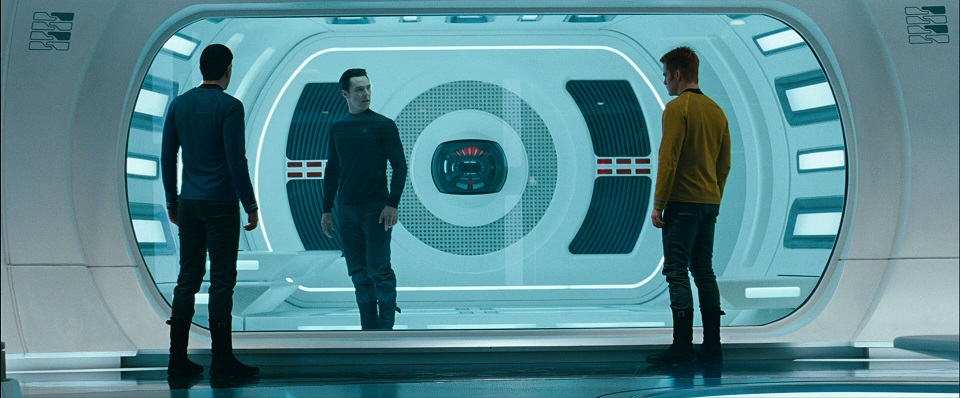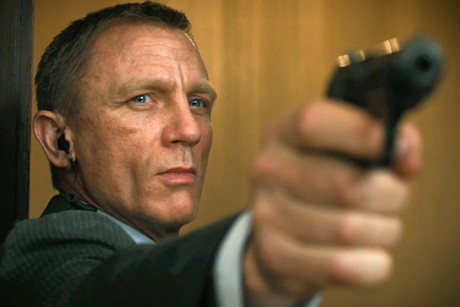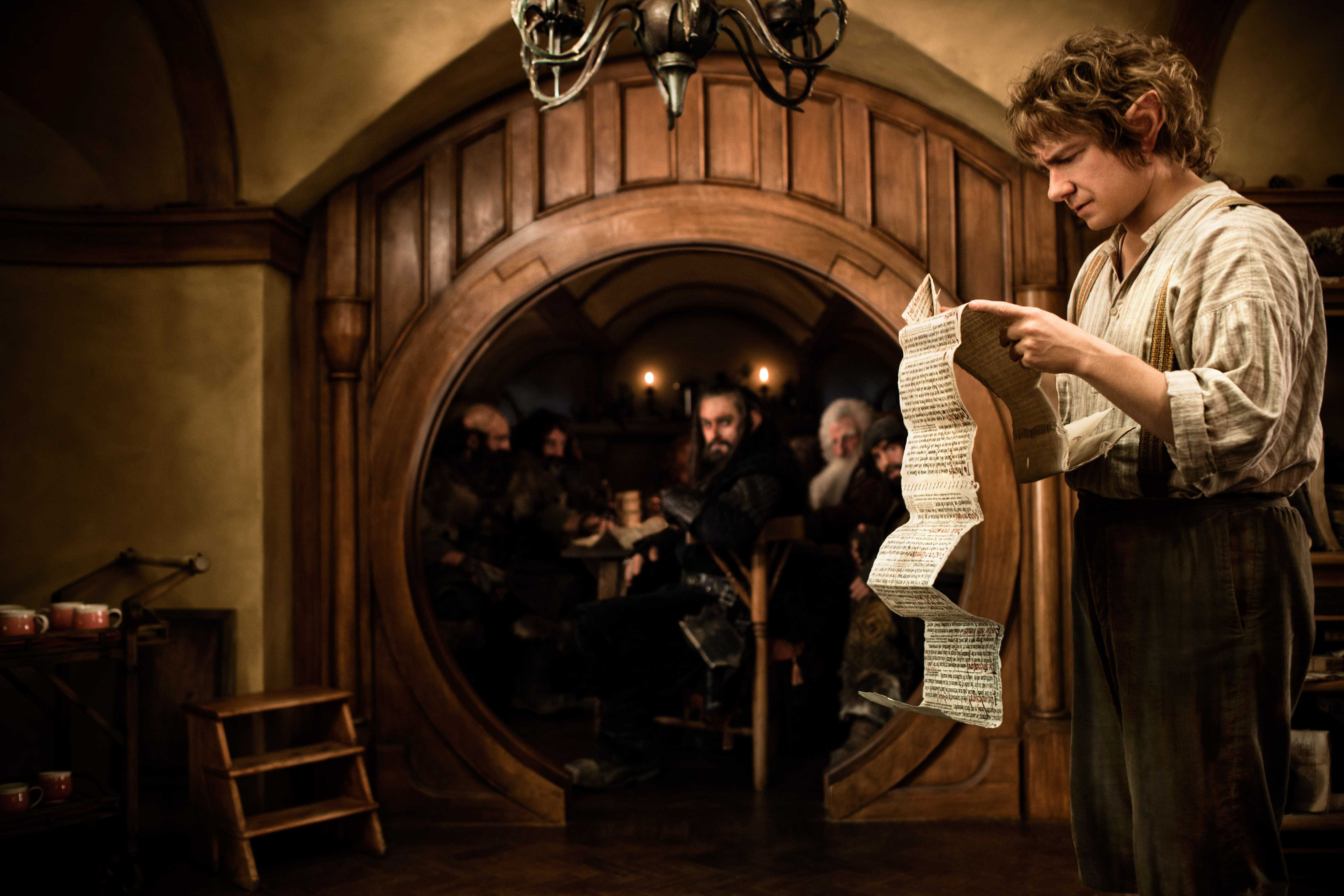
Mad Men with a Box
by Hunter Isham
Fifty years ago today, the British Broadcasting Corporation introduced its viewers to a program about a character sometimes referred to as a madman in a box. Doctor Who was and is a television show about a time-traveling character named "the Doctor" who journeys to our past, present, and future, not to mention alien worlds and universes. He travels in a TARDIS (Time and Relative Dimension in Space), which looks like a blue police phone box from the 1960s. Who has become a phenomenon, both in the United Kingdom and around the world, and is arguably more popular now than it ever has been. The golden anniversary of such a landmark program has been marked in many ways, but one of the more interesting parts of the celebration is writer/producer Mark Gatiss' An Adventure in Space and Time, a warm and tender telefilm charting the creation, production, and initial success of the First Doctor's escapades.
Looking like a British version of Mad Men, or perhaps more like the BBC's short-lived but much loved The Hour, this production takes us back to the early sixties, when science fiction was gaining traction on television. The BBC's Head of Drama, a brassy Canadian named Sydney Newman (a creative force behind The Avengers), commissions a kid's show that could educate by featuring a twinkly old time-traveler, and hires his former production assistant, Verity Lambert, as not just Who's producer, but also the BBC's first female producer. Add to the mix the corporation's first Indian director, Waris Hussein, who directed the very first episode, and you've got a crew of outsiders working on quite the oddity. Then there's William Hartnell, the actor who originated the role for which the show is named, who at the time he was cast was frustrated by being typecast as military and authority figures. The story of how the BBC's ugly-duckling project took flight to become its modern day golden goose is an intriguing one only made better by this colorful cast of characters, and by the wonderful talents recruited to bring them to life.
Veteran actor Brian Cox infuses Newman with just the right amount of warmth and intensity, making him both a proud creator and shrewd businessman who won't hesitate to put a failing production out of its misery. Jessica Raine is the tough yet kind Verity, a woman who won't let misconceptions about her show or her role as its producer get in the way of making the best damn program she can. She allows her character to be both the center of the story and a supporting player, as the story shifts its focus from Lambert to Hartnell as it cements their individual and shared importance to the franchise that would outlive them both. Verity Lambert was the glue holding the TARDIS together in the show's early stages, and her hard work paved the way for Hartnell's career to get the reprieve he would demonstrate it deserved. David Bradley, known to many as Argus Filch in the Harry Potter films, is excellent as William Hartnell, becoming not just a key player in Doctor Who's success, but also the heart and soul of An Adventure in Space and Time. He conveys the joy Hartnell experienced while working on something so beloved and popular, as well as the sorrow that would follow when he was replaced.
Doctor Who is by its very nature an evolving television show with some core, unchanging elements. The story continues, and when necessary, the Doctor "regenerates," allowing for a new actor and a new interpretation. Taking part in such an enormous and enormously adored franchise must be an honor with a bittersweet reality, but being the first to depart, be you a writer, director, producer or actor, must be terrifying. Most of the original creative team left Doctor Who with bright futures ahead, but William Hartnell was entering a final act that could hardly live up to the one that preceded it. Though sad, Adventure, leaves its first and only Doctor, as well as the audience, with a glimmer of hope: Perhaps this creation, this madman in a box, will go on. Fifty years and eleven Doctors later, it's safe to say that Doctor Who has endured in the same way its eponymous character has. Though many docudrama telefilms fail to be more than adequate distractions, An Adventure in Space and Time offers more than you'd expect, and is, like the Doctor's TARDIS, bigger on the inside. 9/10











